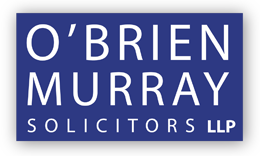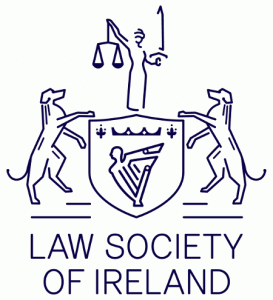1. Loan Approval
Have your mortgage approval in place – when you find a property you like, you must get formal mortgage approval before you can sign a contract for the purchase of a house. If you do sign and subsequently don’t get mortgage approval, you will lose your deposit and there may be other penalties.
2. Booking Deposit
You will be asked to pay a booking deposit to the estate agent in order to secure your offer on the property. Rest assured that any booking deposit which you pay is refundable in the event that either you or the seller, for whatever reason, do not proceed with the sale.
3. Choose a Solicitor
Your lending institution and the estate agent will ask you for our details so that they can send out the mortgage documents and contracts for sale to us to review.
4. Survey The structure
A seller is under no obligation to disclose any defects in a property. It is a case of “buyer beware”. You should engage a qualified and insured surveyor/engineer to carry out a structural survey of your house before signing contracts to find out if there are any defects in the property. Your surveyor/engineer can also check the property’s boundaries so that you know what exactly you will own on the ground.
5. Documents we need from you
At your first meeting with us, you will need to bring: a) your State marriage certificate, if you are married; b) a copy of your divorce decree/order, if you are divorced; c) your PPS number; d) copy passport/driving licence and utility bill; e) your loan approval letter from the bank.
6. The work we do for you
Initially, we receive contracts and a copy of the seller’s title deeds. We review these documents thoroughly to make sure the seller has a good title to the property and that there are no legal issues. The saying “the day you buy is the day you sell” is a truism – you want to ensure that the title deeds are free from legal defects. If we do have any queries on the contracts/title deeds, we will not let you sign your contract until we’re happy these queries have been answered. We will also review all your mortgage documents to make sure that they reflect what you agreed with your bank.
7. Signing Contracts & Mortgage Documents
We then meet with you to have the contract and mortgage documents signed. At this point you pay a contract deposit – 10% of the purchase price, less the booking deposit you have already paid. When you sign your contract, it does not become legally binding on both parties until the seller signs it also, and the contracts are exchanged.
8. Getting Your Loan Cheque
We send your signed mortgage documents to the lending institution and they send us your loan cheque when we request it. We then meet the seller’s solicitor and hand over your loan cheque in exchange for the title deeds and keys to your new house.
9. Stamp Duty & Title Registration
Stamp Duty is payable on all house purchases, even if you are a first time buyer, at a rate of 1% on the purchase price (up to a limit of €1,000,000). We pay your stamp duty on your behalf to Revenue. We then prepare your new title deeds and send them to the Land Registry in Dublin to have them registered into your name. These are then forwarded to your bank.
10. How Long Does the Purchase Process Take?
We aim to have you in your new house as quickly as possible and liaise with all the parties , including your mortgage provider , to ensure you are in your new home without undue delay.

